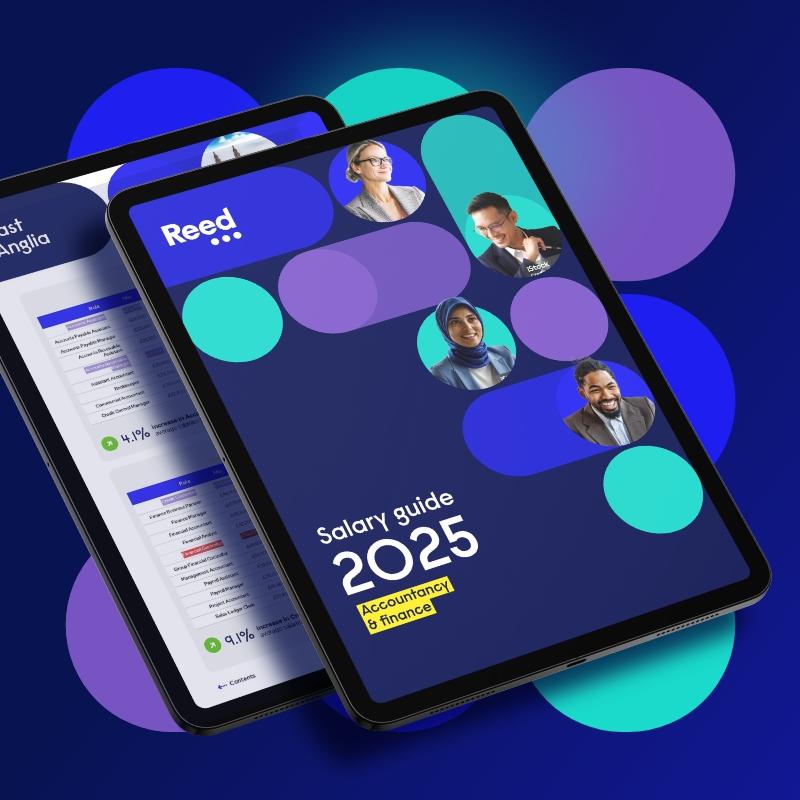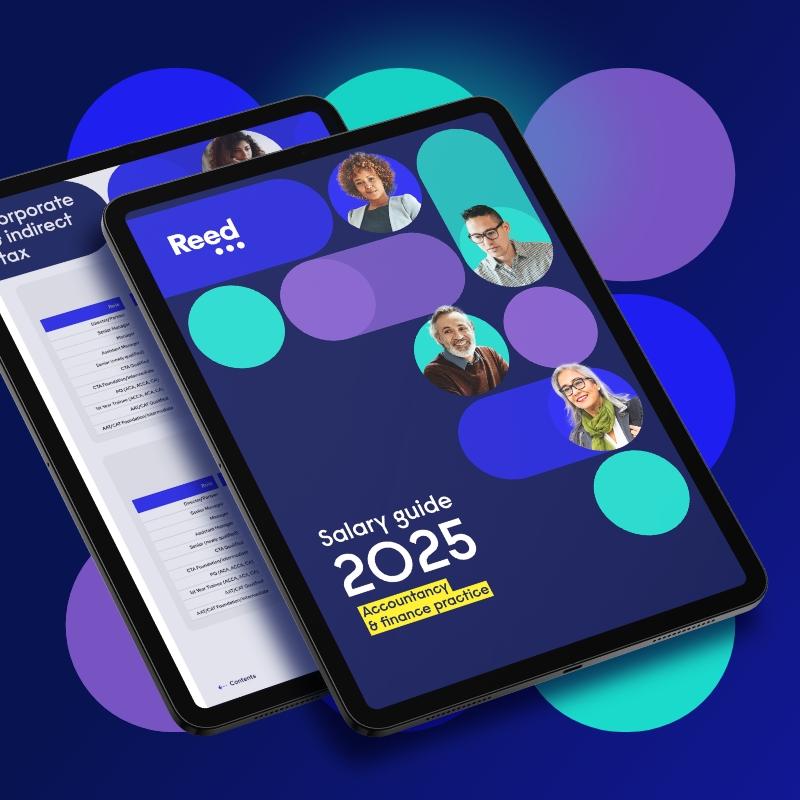In the past year, the accountancy sector has shifted from the ‘survival focus’ it had during the challenges of the pandemic to focusing on proactive growth and development.
The finance sector in general is seeing a huge battle for talent, with more jobs than qualified professionals. As has been true across numerous professions post-pandemic, there is an increased number of accountancy and finance vacancies, with fewer professionals actively looking for work.
While there is a shortage of staff to fill permanent roles, the lack of jobseekers is even more acute for temporary and interim positions. This is exacerbated by many organisations hiring for senior roles on a temporary or interim basis to minimise their commitment to paying higher salaries long-term.
Despite this battle, Reed’s annual salary guides found that advertised salaries in the sector dropped last year. The guides analyse jobs posted on Reed.co.uk over the last three years, finding in 2023 that there was a 4.2% increase in advertised salaries in accountancy and finance on average in the UK.
While this increase might seem encouraging, it’s in the face of soaring living costs and many accountancy and finance professionals may find they have less in their pockets as a result.
Salary banding
Our advice for businesses struggling to recruit the best finance professionals is to look at salary bandings.
Employers that are failing to address their salaries in the face of a competitive market may find themselves losing employees to competitors.
It also goes beyond just salary for professionals: the overall benefits package is important for attracting and retaining talent too – consider looking at tailoring your benefits to make them unique to the individual needs of your employees.
If this isn’t possible, ask your employees what benefits they would like, and try to cater your package to the majority.
Shifting roles
The types of roles in demand in the sector are also shifting.
Cloud accounting is expected to become a £9.1bn industry by 2026, so accounting professionals with specific systems skills are in high demand. Employers in the industry have had an encouraging response to automation, with a huge focus on upskilling their people to redistribute their workforce into the new tech-driven roles they need.
For example, there’s less need for roles such as purchase ledger assistants, but more for systems, analytical and project-based positions.
Businesses can respond to these shifts by reducing spend on transactional roles and focusing on decision-making or analytical roles. Candidates who can show a commercial mindset and partnership skills are particularly sought after by employers.
Navigating talent shortages
The skills shortage will continue to impact the accountancy and finance sector until drastic changes are made. Businesses looking for talent will need to carefully review how they attract people, as professionals may be unwilling to leave a secure role in an uncertain financial climate, making it even harder to entice them away.
Consider how you can widen your talent pool. Over the past year or so, we’ve seen organisations take a more flexible approach to recruiting, considering those who are ‘qualified by experience’ rather than ruling out those without accredited qualifications.
These candidates are a great investment for businesses that can allow them the flexibility to finish their qualifications.
Increasingly, candidates are looking to join companies that align with their personal values. Therefore, it’s important for all employers looking to attract and retain staff to project their employee value proposition well.
Having a flexible working model which allows employees to work remotely, or on a hybrid basis, is also a huge selling point and would widen your talent pool beyond your local region. At the end of last year, we conducted a survey of 5,000 workers which found that hybrid was the preferred way of working – with only 19% preferring to be fully on-site.
Putting your best foot forward
For businesses that haven’t recruited recently, the market has changed drastically over the past few years.
Talented candidates hold the power and may receive multiple offers. A fast-hiring process that moves quickly through interview stages to making an offer will help lock in the best people. Three-stage interviews, in comparison, will likely result in the best candidates being snapped up elsewhere.
The interview process is also a chance to demonstrate why the jobseeker should want to work in your organisation. So, conveying the culture and values of your business and selling the benefits could help win them over if they get multiple offers.
With an all-out battle for talent, it’s vital that employers aren’t narrowing their talent pool and are considering candidates from other sectors with transferable skills, as well as offering the best possible remuneration packages.
If you’re looking to hire your next accountancy and finance professional, or searching for your next fulfilling role in the sector, get in touch today to find out how we can help.




